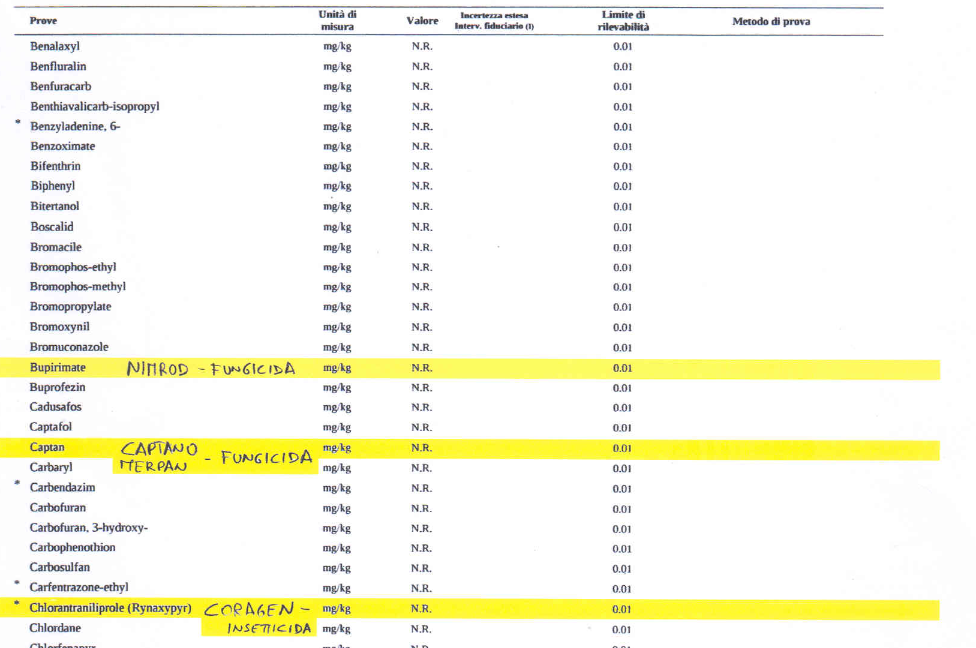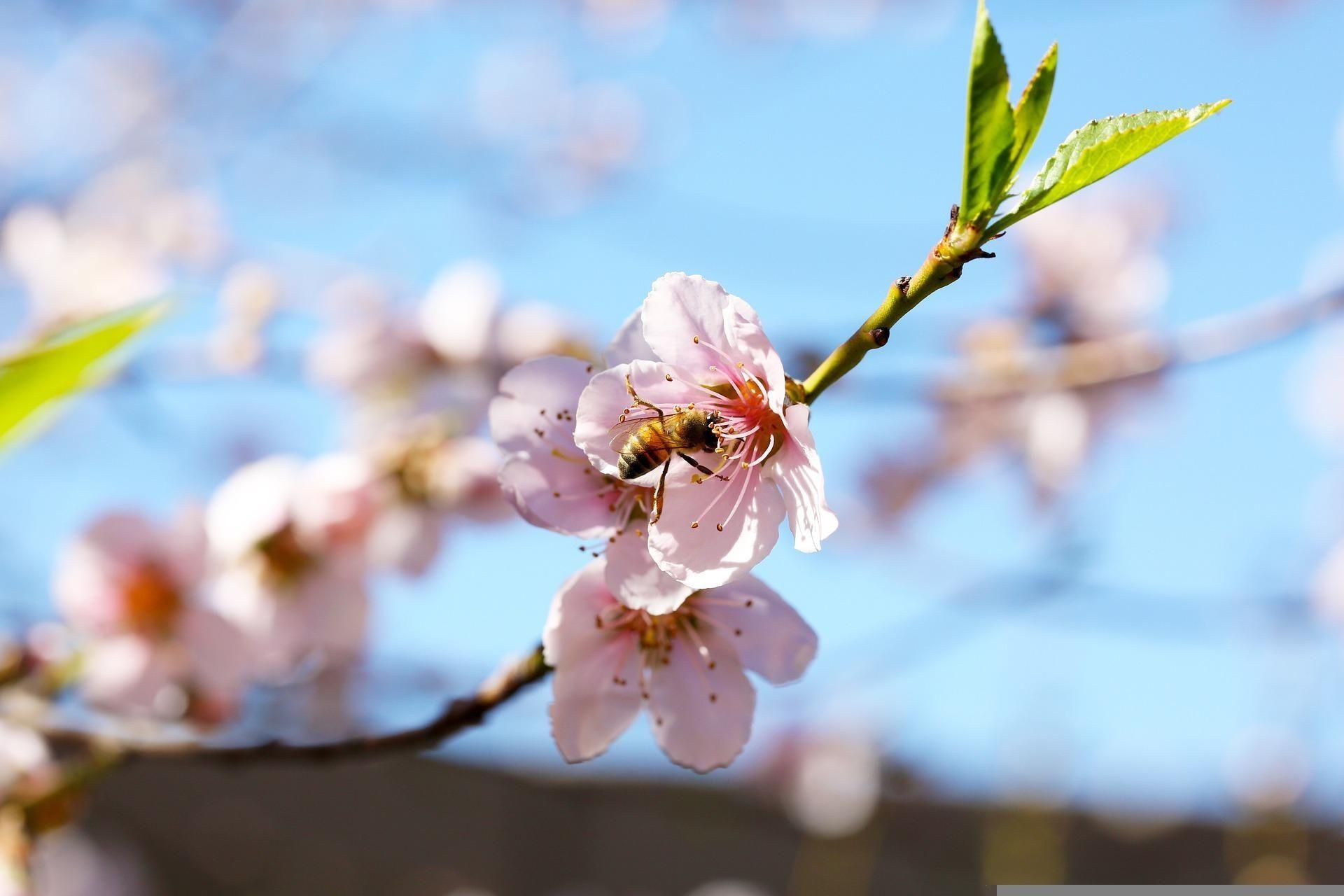
Food sustainability and conscious consumption of agricultural products
Years go by, but history repeats itself again and again: the issue of chemical residues and environmental pollutants is becoming increasingly burdensome for farmers and consumers. Diseases in agriculture are increasing and consequently so are health problems, precisely because we are what we eat. In short, food sustainability is becoming unsustainable and conscious consumption of agricultural products is completely unaware.
Bringing toxic substances into cultivated soils also means bringing them to our bodies through nutrition. This real "circular contamination" is confirmed by the alarming data of the study carried out by the Pesticide Action Network Europe (PAN): one-third of all European fruit we eat is contaminated with dangerous pesticides. Dangerous for fertility and pregnancy, but not only that; exposure to the risk of leukemia, cancers of the central nervous and lymphatic systems, Parkinson's and respiratory diseases is very high, as stated by the study of the French Inserm Institute.
Can pesticide residues be removed from fruits and vegetables?
Yes, but only the farmer can do that. Not the consumer. By cultivating with BioAksxter® depolluting fertilizer, farms can remove chemical residues, environmental pollutants, and harmful substances from the soil, the plant, and agricultural products, so the consumer can be assured of safety.
On the web we read many false myths regarding the removal of residues from fruits and vegetables, primarily running water and baking soda. Unfortunately, pesticides penetrate all parts of the plant, reaching the fruit we eat.
Below are some data (in italian) on residue elimination in crops with BioAksxter® (note the decontaminating action of soils, including from persistent molecules):
>> Multiresidual analysis on apples grown with BioAksxter® <<
Food sustainability: let's clarify this concept
Nutrition experts always recommend having a healthy diet. We need to eat a lot of fruits and vegetables to reduce the risk of disease, but if we reflect for a moment on the publication of the PAN study we mentioned a moment ago, it can be inferred that we still get sick if we do not change our approach to farming. Hence the importance of zero-residue agriculture achievable through BioAksxter®'s advanced depolluting technology.

In this excerpt from the multiresidual analysis of an Italian farm, you can see that the residues result N.R (non-detectable).
Man and the environment: total disconnection
The lack of knowledge and awareness of the real effects of chemicals used in agriculture are evidence of a total disconnect between man and nature. This has an exponential impact on biodiversity. In fact, the Food and Agriculture Organization (FAO) has informed the international community of the alarming worldwide reduction in pollinating insects. Bees are a key resource not only because they provide us with honey, pollen and wax, but for the entire agricultural system. About 84% of plant species and 80% of food production in Europe depend heavily on pollination by bees and other pollinating insects.
Few bees, little pollination, little food.

Conscious consumption: sustainability or misinformation?
We often buy polluted foods covered with eco-friendly slogans and customer-catching green packaging.
They tell us that there is no cause for alarm since the level of residues is low, they assure "minus X% chemical residues," no health damage, but we have to realize that if we constantly ingest small doses of residues, over time the health damage is there, and how.
Speaking of misinformation, one farmer told of his neighbor who used a well-known crop protection product containing Imidacloprid to deal with Colorado Potato Beetle. Then, he feed his little daughters the potatoes commenting "how tasty they were...."